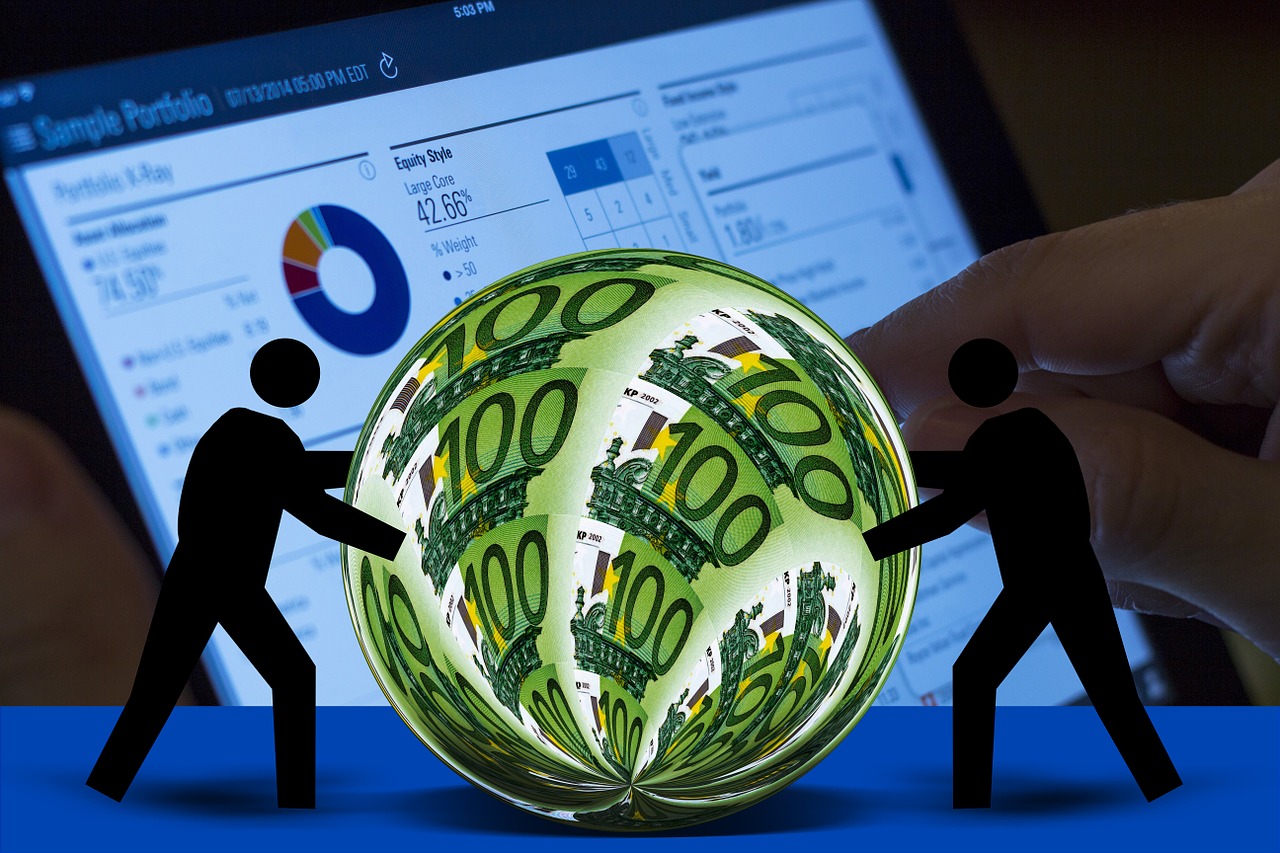
Short for foreign exchange, forex trading refers to the global market whereby the world’s currencies are traded. Each day more than 5 trillion dollars’ worth of currencies are traded globally, making the forex market the most traded market in the world. Unlike other markets, the forex market is open 24 hours a day, with trading hubs across a diverse array of time zones, meaning that trading can take place at any time of the day or night.
What is the aim of forex trading?
The aim of forex trading is to benefit from any fluctuations in the exchange rates between currencies, by selling a currency at a higher price than it was purchased for. A forex trader will speculate on future fluctuations of one currency in comparison to another, buying a currency if they anticipate that it will increase in value and selling a currency if they anticipate that it is set to decrease in value.
Within forex trading, currencies are quoted in pairs, with the first currency (known as the base currency) representing the currency that the trader predicts will go up or down in relation to the second currency (which is known as the quote). The world’s most traded currency pair is EUR/USD whereby the euro is the base and the US dollar represents the quote.
What are the risks?
With exchange rates continuously fluctuating, forex is commonly regarded as a high-risk market. Equally, as the most traded market in the world, the forex market has high liquidity, meaning prices can rapidly change in response to current affairs and events, most notably seen with Britain voting to leave the EU, highlighting how trader’s decisions are heavily influenced by a nation’s economic health.
However, with high risk comes the potential for high reward. Due to the liquidity of the market, banks allow traders to trade with leverage, which can increase profit potential, making forex an attractive market for many traders. Nevertheless, such leverage also increases and magnifies the potential for losses when fluctuations in market conditions occur. You might want to try out these CFD Trading Broker Sites – https://www.binaryoptionsexpert.net/cfd/.
A country’s interest rate can also have a considerable impact on exchange rates, with a heightened interest rate leading to a strengthened currency and weakened interest rates causing investors to withdraw investments, triggering volatility within the forex market. Ultimately, not every trade will result in a profit and traders should expect losses.
Is forex trading worth the risk?
Due to the potentially high risks, if you do decide to trade forex, it is a wise idea to ensure that you have other current investments and are only trading with money that you can afford to lose (otherwise known as risk capital). Equally, trading with lower leverage ratios is a good way of mitigating risk, especially if you are new to forex trading.
If you are a trader who enjoys the dynamic nature of a volatile market with the potential for high risk and reward, then forex trading could be for you. Overall, whilst much of forex trading relies on economic factors, there are nevertheless steps which forex traders can take in order to minimise risk and stand the best chance for success in the forex market.










![Watch Video Now on xiaohongshu.com [以色列Elevatione perfectio X美容仪 perfectio X 全新仪器黑科技了解下]](https://www.techburgeon.com/wp-content/uploads/2019/07/perfectiox-singapore-150x150.jpg)
